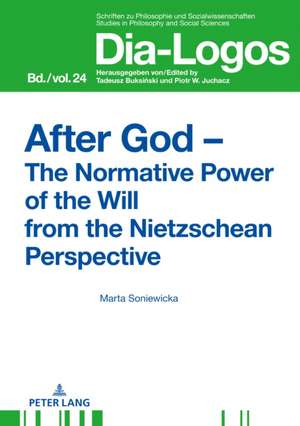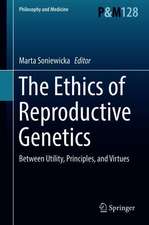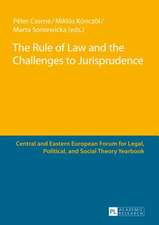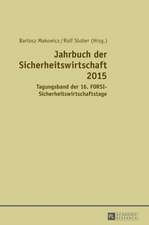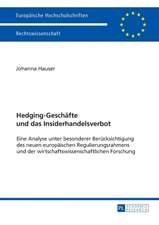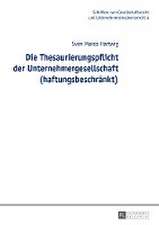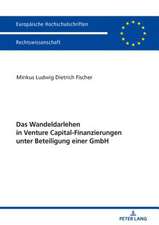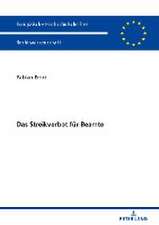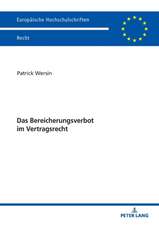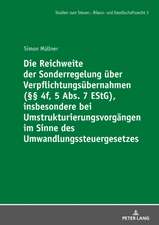After God - The Normative Power of the Will from the Nietzschean Perspective: DIA-LOGOS
Autor Marta Soniewickaen Limba Engleză Hardback – 29 mar 2018
Preț: 472.85 lei
Preț vechi: 614.08 lei
-23% Nou
Puncte Express: 709
Preț estimativ în valută:
90.48€ • 94.72$ • 74.87£
90.48€ • 94.72$ • 74.87£
Carte tipărită la comandă
Livrare economică 05-19 aprilie
Preluare comenzi: 021 569.72.76
Specificații
ISBN-13: 9783631716403
ISBN-10: 3631716400
Pagini: 276
Dimensiuni: 156 x 217 x 24 mm
Greutate: 0.45 kg
Ediția:Nouă
Editura: Peter Lang Copyright AG
Seria DIA-LOGOS
ISBN-10: 3631716400
Pagini: 276
Dimensiuni: 156 x 217 x 24 mm
Greutate: 0.45 kg
Ediția:Nouă
Editura: Peter Lang Copyright AG
Seria DIA-LOGOS
Notă biografică
Marta Soniewicka is an Assistant Professor at the Department of Philosophy of Law and Legal Ethics at the Faculty of Law and Administration of the Jagiellonian University in Krakow (Poland). Her research interests concentrate on the philosophy of law, political philosophy, and ethics. She has authored and co-authored numerous articles, chapters and books.
Descriere
This book analyzes the main problems of Friedrich Nietzsche's critical philosophy, such as the theory of being, the theory of knowledge and the theory of values. It also addresses his positive program which is based on fundamental conceptions, namely the will to power, the UEbermensch, bestowing virtue and the notion of the eternal recurrence.
